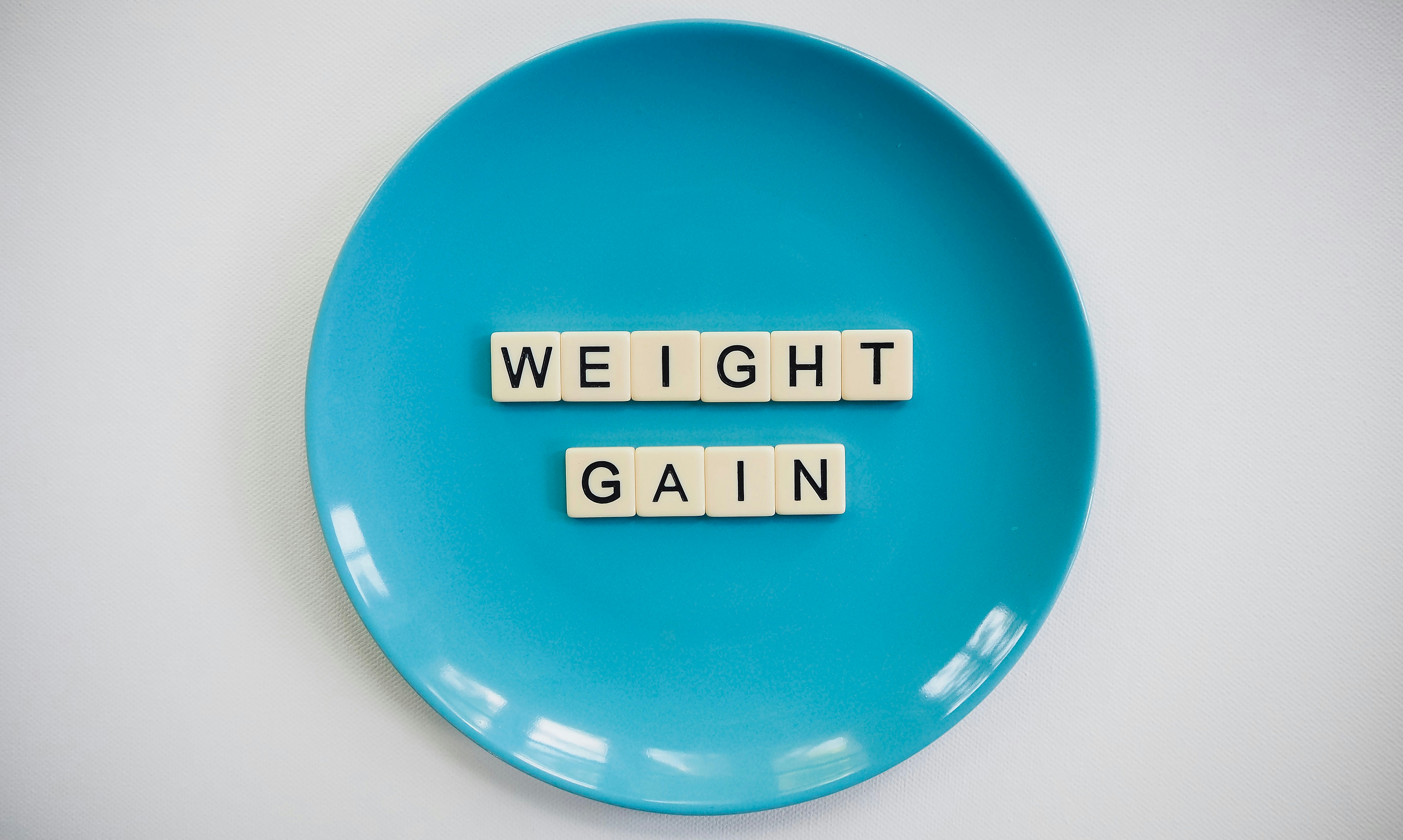Although dialysis aims to replicate kidney function as closely as possible, it has some significant drawbacks compared to natural kidney function. One of these is that dialysis can only partially mimic the kidney's ability to regulate fluid balance. Without dialysis, your body's water balance does not function as it normally would. This leads to fluid accumulation between dialysis sessions, which can sometimes be measured as additional weight (=interdialytic weight gain).
Underweight and dialysis
In addition to these short-term weight fluctuations, long-term trends in body weight – such as being underweight or overweight – also play a crucial role. While many people seek ways to lose weight, being significantly underweight (Body Mass Index (BMI) < 18.5 kg/m²) is a major concern for healthcare teams treating people on dialysis. Numerous studies have shown that underweight dialysis patients have a higher mortality risk compared to those with normal or higher body weight. In some cases, having slightly more weight might even provide a protective effect for people on dialysis.
However, caution is necessary, as excessive weight (BMI ≥ 30 kg/m²) can negatively affect kidney function if a transplant is being considered. Therefore, monitoring body weight regularly is important for dialysis patients.
Short- and long-term weight changes
As mentioned earlier, it is essential to differentiate between short-term weight fluctuations caused by fluid retention (=interdialytic weight gain) and long-term changes in body weight. Generally, "dry weight" or "ideal weight" (=your weight after dialysis) should be used to track long-term trends and calculate your body mass index. For peritoneal dialysis, measurements should be taken without excess fluid in the abdominal cavity.
10 Tips for healthy weight gain on dialysis
Being significantly underweight on dialysis can be a serious problem. Below is an overview of practical tips and tricks to help you manage your weight effectively while on dialysis.
Weight changes take time and require perseverance. These tips are not a magic solutions but rather practical strategies to help you develop long-term healthy habits. You are the best judge of what works best for you.
1. Light strength training
Light strength training can help you build muscle mass and, in turn, gain weight. Ideal exercises include resistance band workouts or light weight training. Always consult your medical team before beginning any strength training regimen.
2. Increase caloric intake
To gain weight, you must consume more calories than you burn. A common recommendation is to increase daily intake by about 300 to 500 kcal above your body's active energy expenditure. Your medical team or a dialysis-specialized nutritionist can help determine your ideal caloric intake.
3. Consume the right amount of protein
Protein helps build weight and muscle mass. However, ensure that your protein intake aligns with the dietary recommendations for your chronic kidney disease. Your healthcare team can provide guidance.
4. Eat nutrient-dense snacks
Foods such as avocados, olive oil, and nuts are calorie-dense and can support weight gain. However, always consider recommendations for essential nutrients such as potassium and phosphate, especially since avocados and some nuts are high in potassium.
5. Sleep and stress management
Adequate sleep and stress management support healthy weight regulation. Relaxation techniques like yoga or meditation can help manage stress effectively.
6. Use larger plates and bowls
People who use larger plates or bowls tend to eat more. While this may seem like a simple trick, it can actually be quite effective - just try it out!
7. Eat regular meals
Ensure you do not skip planned meals throughout the day. Aim for at least three main meals daily, and consider additional smaller snacks to help increase calorie intake. Bringing a snack to your dialysis sessions could also become part of your routine.
8. Quit smoking
Smoking can suppress appetite. Quitting smoking may help improve your ability to gain weight. Your medical team can provide resources and support to quit smoking.
9. Seek support from others
Connect with like-minded individuals who share similar goals and exchange experiences regularly. Talking with others can be motivating and help you stay committed to your goals.
10. Seek psychological support
Being underweight is often linked to eating disorders. If this is the case, seeking support is crucial. You are entitled to professional assistance from your healthcare team, especially in sensitive situations like these.
11. Consult a nutritionist
Registered dietitians are trained to help you achieve your target weight using the right strategies. As a dialysis patient, you may even qualify for nutrition counseling - check with your healthcare team to see if you’re eligible.
How do I get started?
Before making any changes, consult your medical team. They can provide valuable support and important information regarding healthy weight gain. Discuss any lifestyle adjustments with your doctor to ensure they suit your individual needs.
















